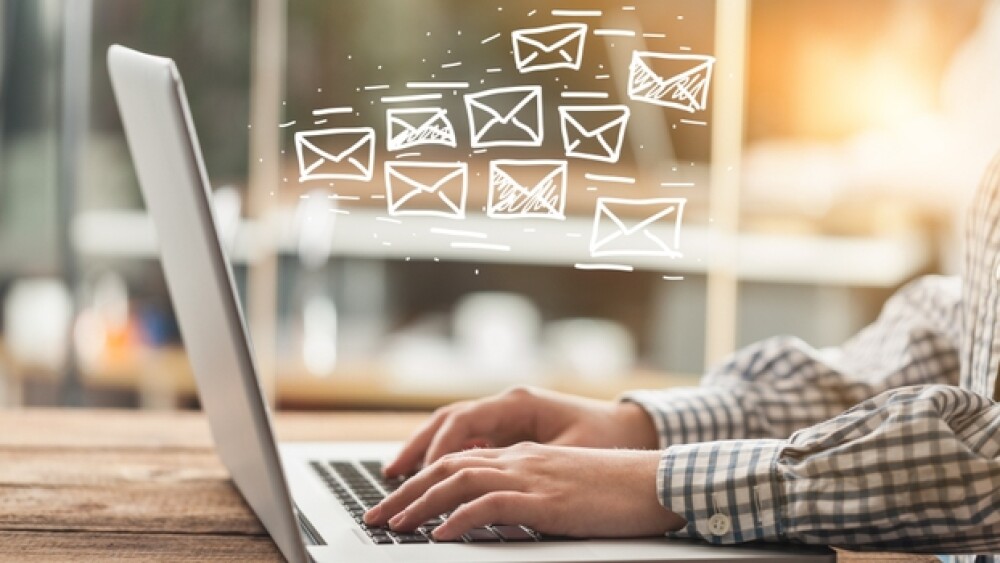While it’s only a few hundred words, writing a good follow-up email accomplishes a few important things. Here’s how you can write an impressive interview follow up email.
A person trying to write an impressive interview follow up email
You applied for the job and had a great interview, but now you have to write a carefully worded interview follow up email to your interviewer(s). First off, yes, everyone you interviewed with should receive at least a “thank you!” email from you. The email needs to be written well, with a few personal touches, and show your enthusiasm for the role.
While it’s only a few hundred words, writing a good follow-up email accomplishes a few important things. First, it signals to the interviewer that you’re not only interested in the role, but also respect their time and effort in bringing you in. Second, it’s an opportunity to remind them of a shared interest, background, experience, etc. that you talked about in the meeting. Third, it allows you to reiterate why you’re the right person for the role. So, it’s the perfect opportunity to wrap up what was a great interview.
How do you walk the line of over-enthusiastic and too formal? Emails with 13 exclamation points never go over well, but ones that are overly wordy don’t hit the right tone either. Below, we outline the right way to structure a follow-up email, complete with tone and grammar suggestions.
Interview Follow up Email Structure
Opening
Depending on how formal of a company it is, you have a few options for how to address the person you’re writing to. If the company skews formal, stick with a more traditional “Hi [First Name]” or “Hello [First Name]”. But, if the company has a more casual vibe, you can go with something like “Hi there”.
Then, once your salutation is out of the way, explain why you’re writing the interview follow up email to them. This is easy. You’re thanking them for their time, for bringing you into the office, for explaining the role, and for telling you more about the company. So, thank them! While you don’t want to overuse exclamation points, one is definitely fine after a “thank you”. What you want to avoid is ending every sentence with one.
Body
Once you’ve got the “thank you” down, it’s time to expand a bit. Remember, this should only be a few hundred words so it’s not a chore for the recipient to read. So, think about your conversation and time spent with them. This is your opportunity to touch on any similarities you found or things you bonded over. Try to think of something because it’s likely they interviewed at least a few other people and this is a great way to make yourself stand out.
Next, explain exactly how your skillset and experience correlate to the open position now that you’re more informed about what they’re looking for. While the interview was your chance to convince them that you were qualified, this is your opportunity to put it in writing. But, don’t come off as too stiff, either. This is a quick, informal follow-up so write as you would speak.
Closing
If they gave you a hiring timeline, restate that in the closing section of your interview follow up email so you’re both on the same page. Then set a time for when you will follow up again if you don’t hear from them.
Lastly, personalize your sign-off. I’m partial to “All the best” while others prefer “Regards” or “Thanks”. Whatever you choose, have it be what you’re comfortable with. I would steer clear of “Sincerely”, as that starts to shift over into the very formal category.
The next time you need to write an interview follow up email after a great interview, use this formula to nail it every time.





